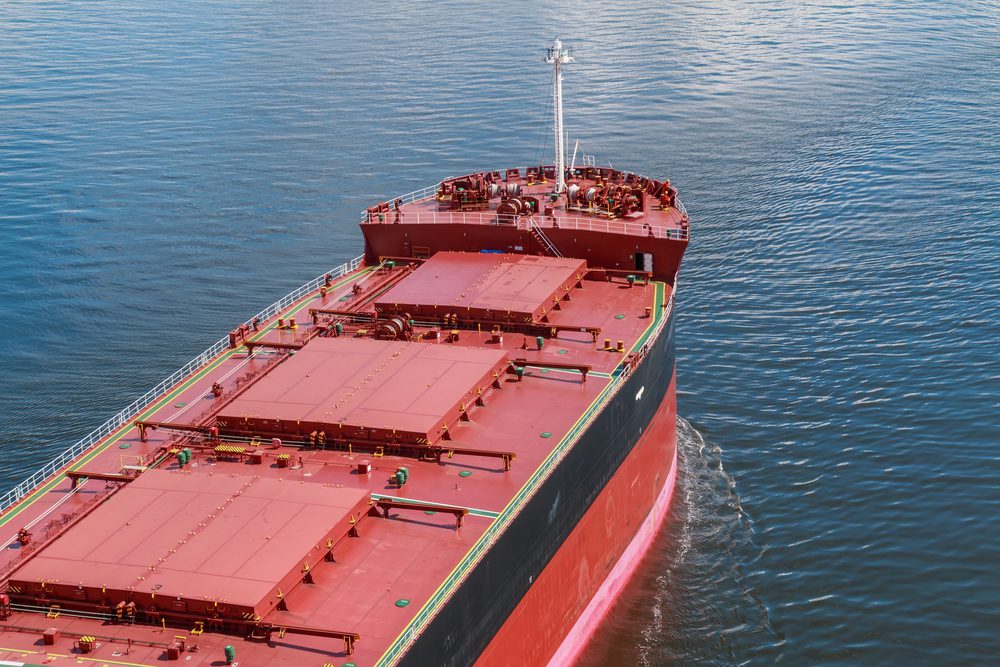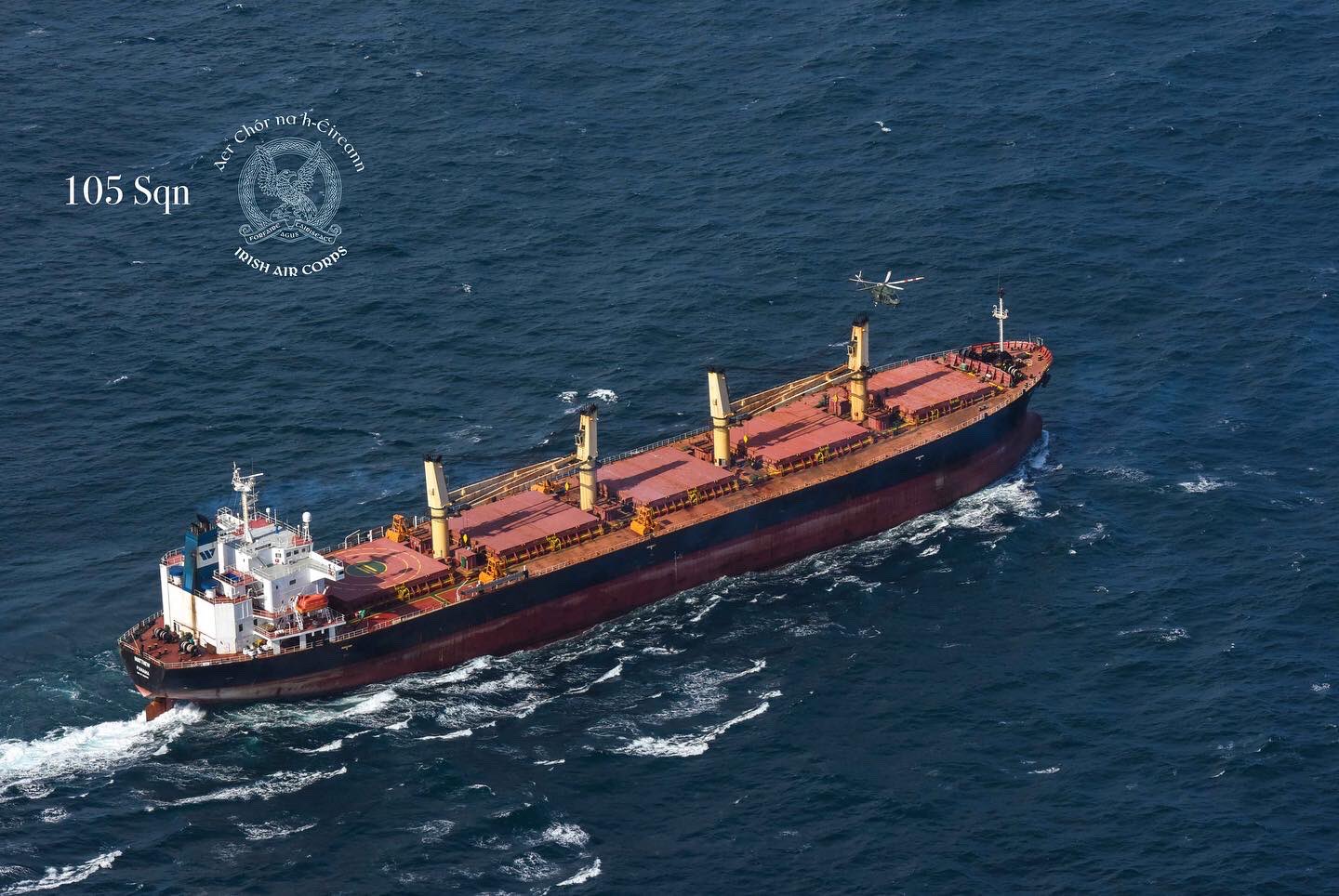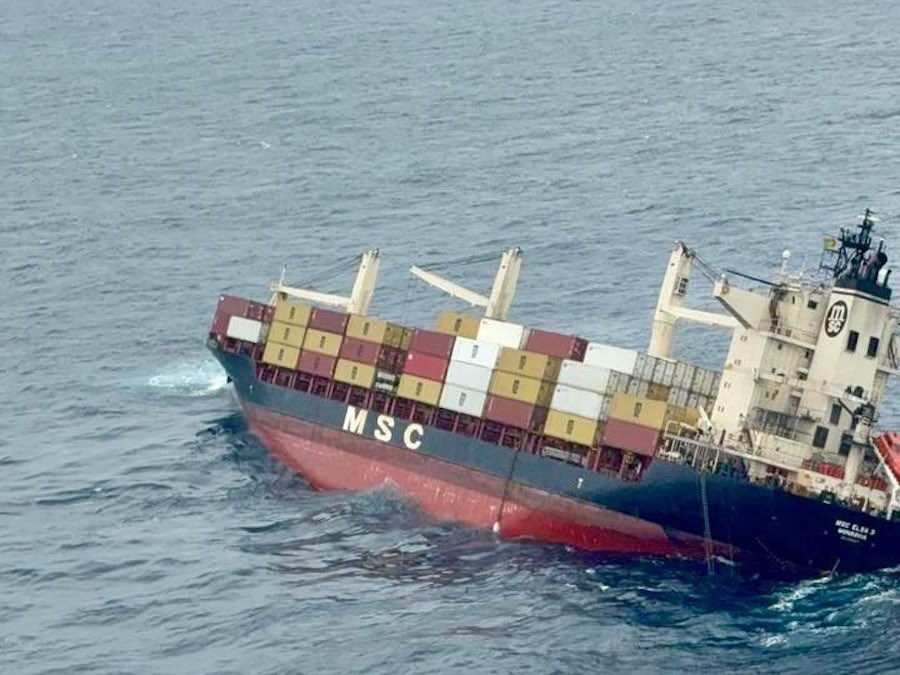 By Jonathan Saul and Parisa Hafezi
By Jonathan Saul and Parisa Hafezi
LONDON/ANKARA, May 28 (Reuters) – Global shipping lines are increasingly shying away from handling cargoes to Iran as restrictions on banking and insurance continue unabated, despite an interim agreement between Tehran and the West that called for limited sanctions relief.
Iran in the past depended on foreign ships for much of its imports, but it is now relying more on land routes and its own commercial fleet. Earlier this month, trade sources said hundreds of thousands of tonnes of grain and sugar were stuck in transit.
Iran was never barred from buying food or other humanitarian goods under sanctions imposed by the European Union and the United States because of its disputed nuclear programme, but the restrictions have hit approved deals as well.
“The principle sanction against non-U.S. companies is that they can be denied access to U.S. banking, and therefore they can’t trade in U.S. dollars,” said Doug Maag of law firm Clyde & Co. “That is a very real and adverse result.”
Global shipping fees are transacted in U.S. dollars, which means dealing with Iran could make companies vulnerable to being frozen out of the U.S. financial system.
Iran and Western governments reached an interim agreement in November last year over Tehran’s nuclear work in exchange for limited sanctions relief for six months – from January to July this year – under the Joint Plan of Action (JPOA).
Correspondence since January seen by Reuters shows that U.S. group United Against Nuclear Iran (UANI), whose board includes former heads of the CIA and British intelligence, continues to monitor European shipping companies on any deals with Iran.
“The risks of doing business with Iran are still far too great to return. It is too soon,” said Mark Wallace of UANI, which has targeted companies trading in Iran.
“People are nervous,” said Wallace, a former U.S. ambassador to the United Nations.
Greece-based Efploia Shipping wrote in a recent letter to UANI, “Owners do not take such matters lightly … and have implemented several exhaustive clauses in order to ensure that such trade is legitimate.”
The firm did not respond to requests for comment.
PORTS UNDER STRAIN
The 2011 blacklisting of Iranian port operator Tidewater Middle East Co, which operates seven terminals including the biggest container port Bandar Abbas and major grain terminal Bandar Imam Khomeini, has also discouraged foreign shipping firms.
Maersk Line, the world’s biggest container company, pulled out entirely from Iran in 2012, joining an exodus that has included major groups MSC and CMA CGM and smaller firms.
Iranian government officials also pointed to a harder trading environment.
“Shipping volumes have dropped as there are various problems like difficulties at customs; international insurance companies are hesitant to cover ships en route to Iran; as well as letters of credit problems,” one Iranian official said.
“Iran hopes that lifting sanctions will revive the business.”
An Iranian trade source, who previously worked as a government official, said the country was relying more on its domestic shipping fleet or using land routes.
“Iranians prefer to use foreign shipping companies less and less after all the fuss over violating sanctions. They can be easily tracked,” the trade source said.
“Especially since the nuclear talks have started, the government is very careful not to be caught. They use more trucks; it takes longer but that is safer.”
Sanctions have also made global ship insurers wary of covering cargoes and vessels involved in any trade with Iran, and the recent agreement, which lasts only until July 20, has not made any difference.
“Until something more long-term is agreed, insurers have tended not to change their internal processes,” Chris Hill of Clyde & Co. said.
“If you start sending out a message to your staff that for six months they can do certain business with Iran, it can create mixed messages, and insurers tend to be cautious about this.” (Editing by Veronica Brown and Jane Baird)
© 2014 Thomson Reuters. All rights reserved.

 Join The Club
Join The Club











